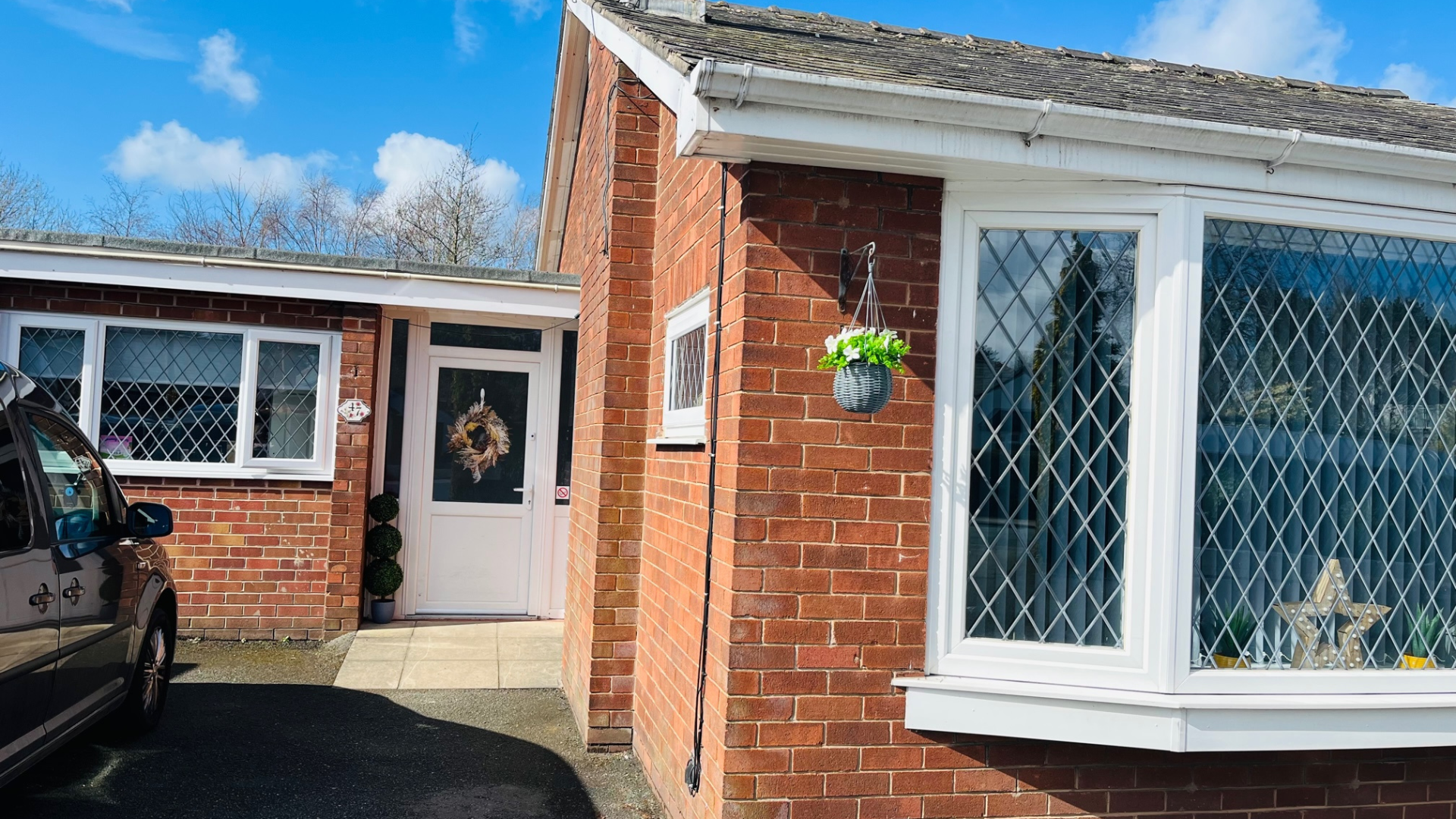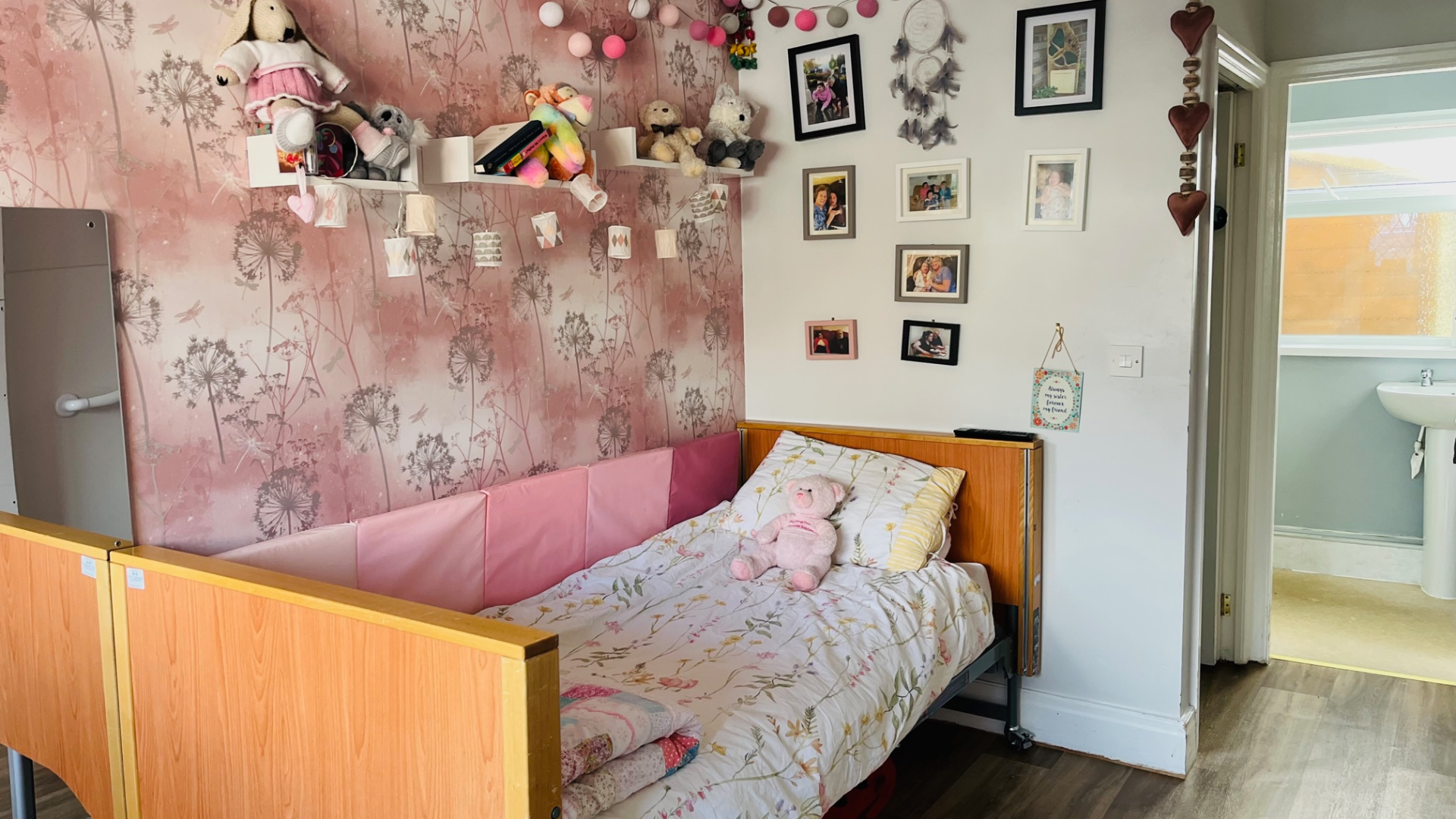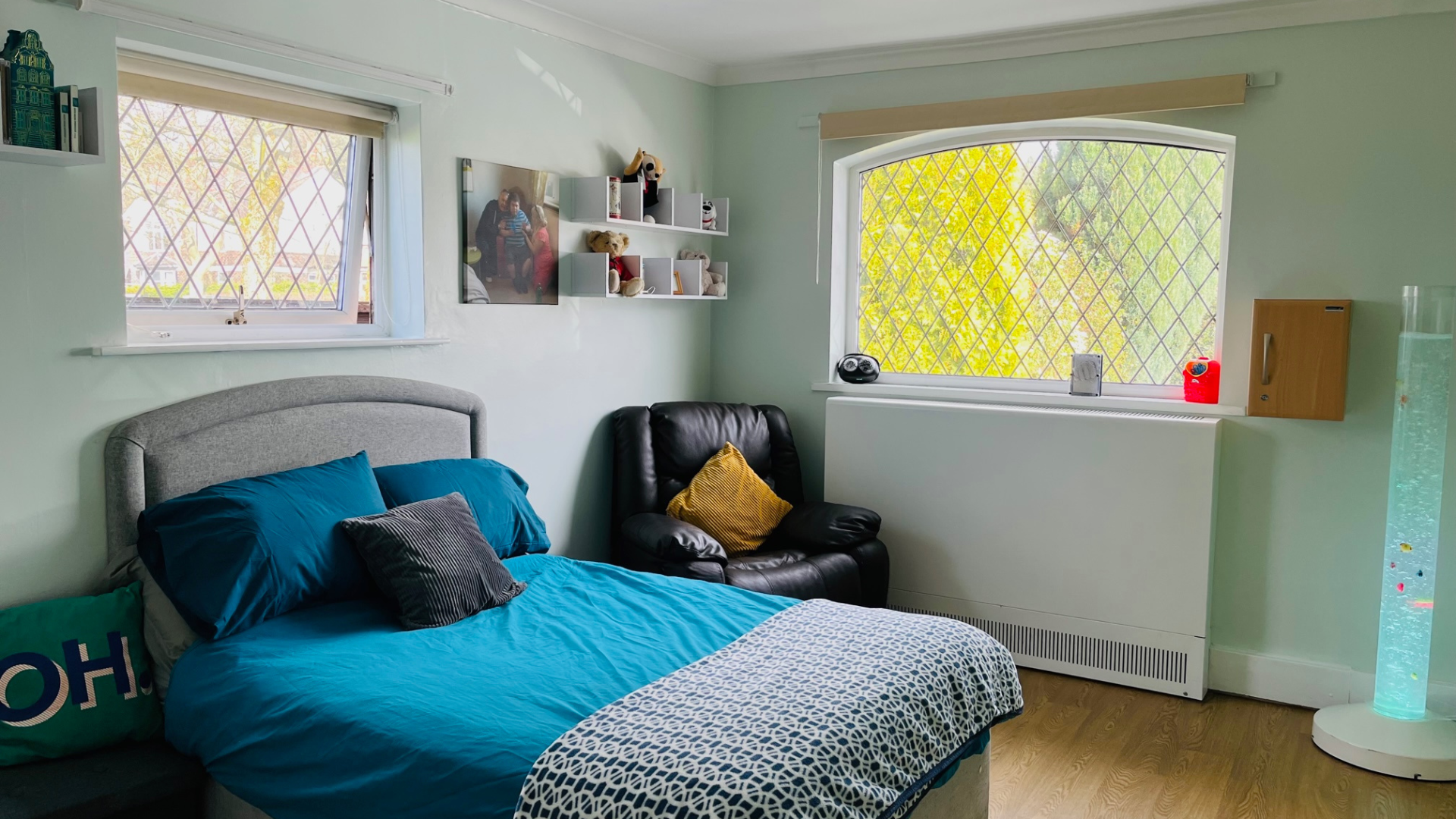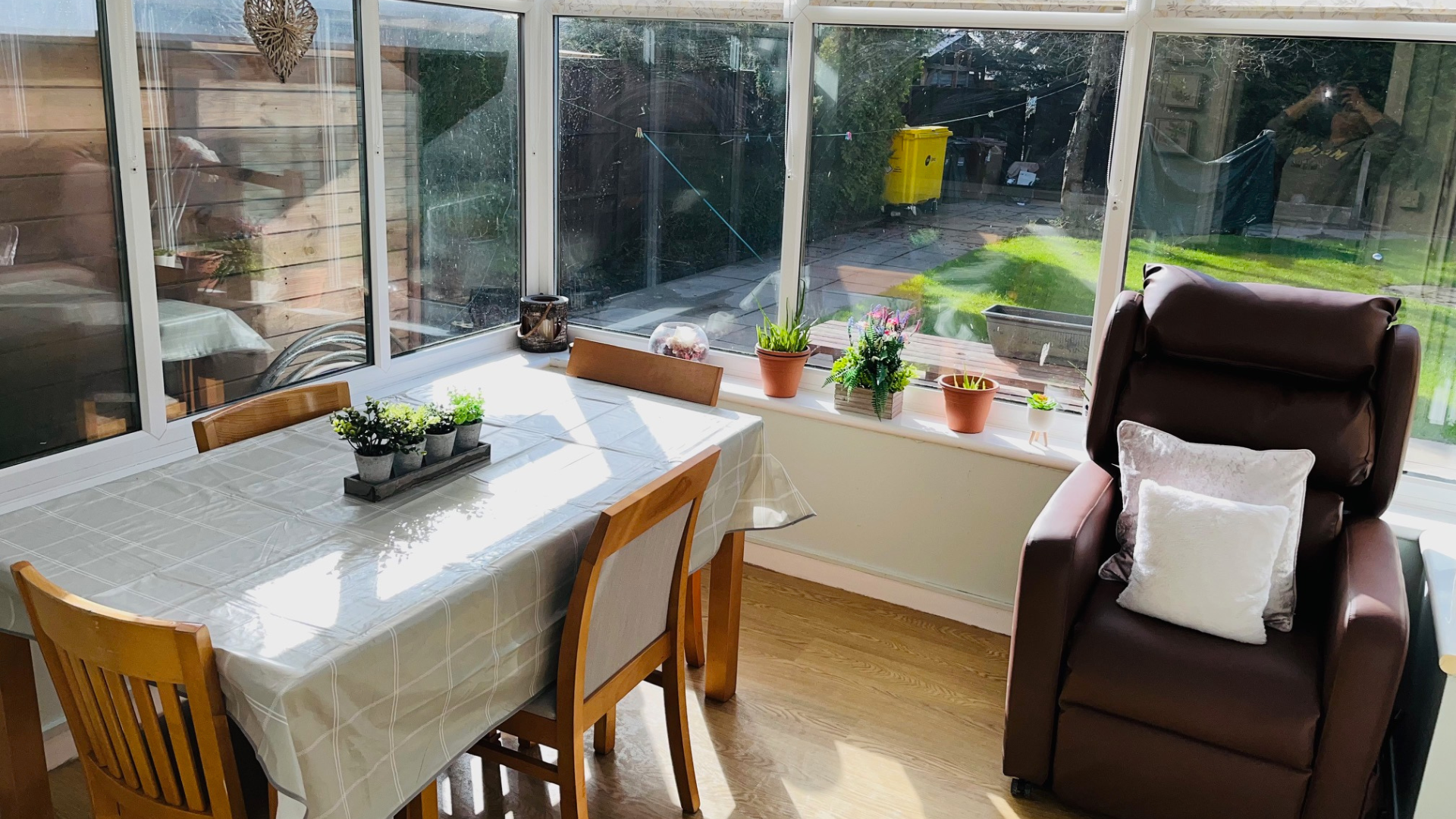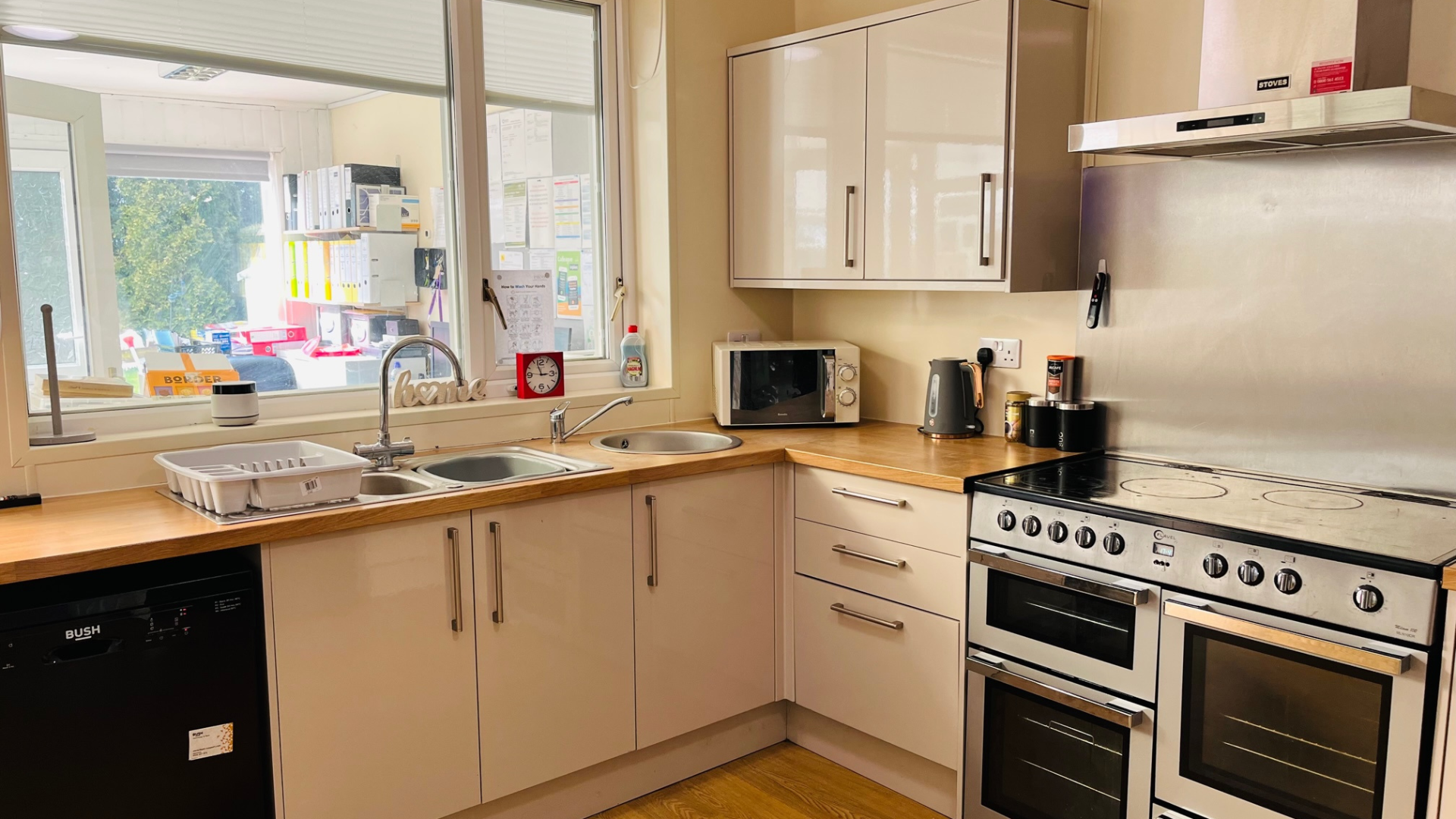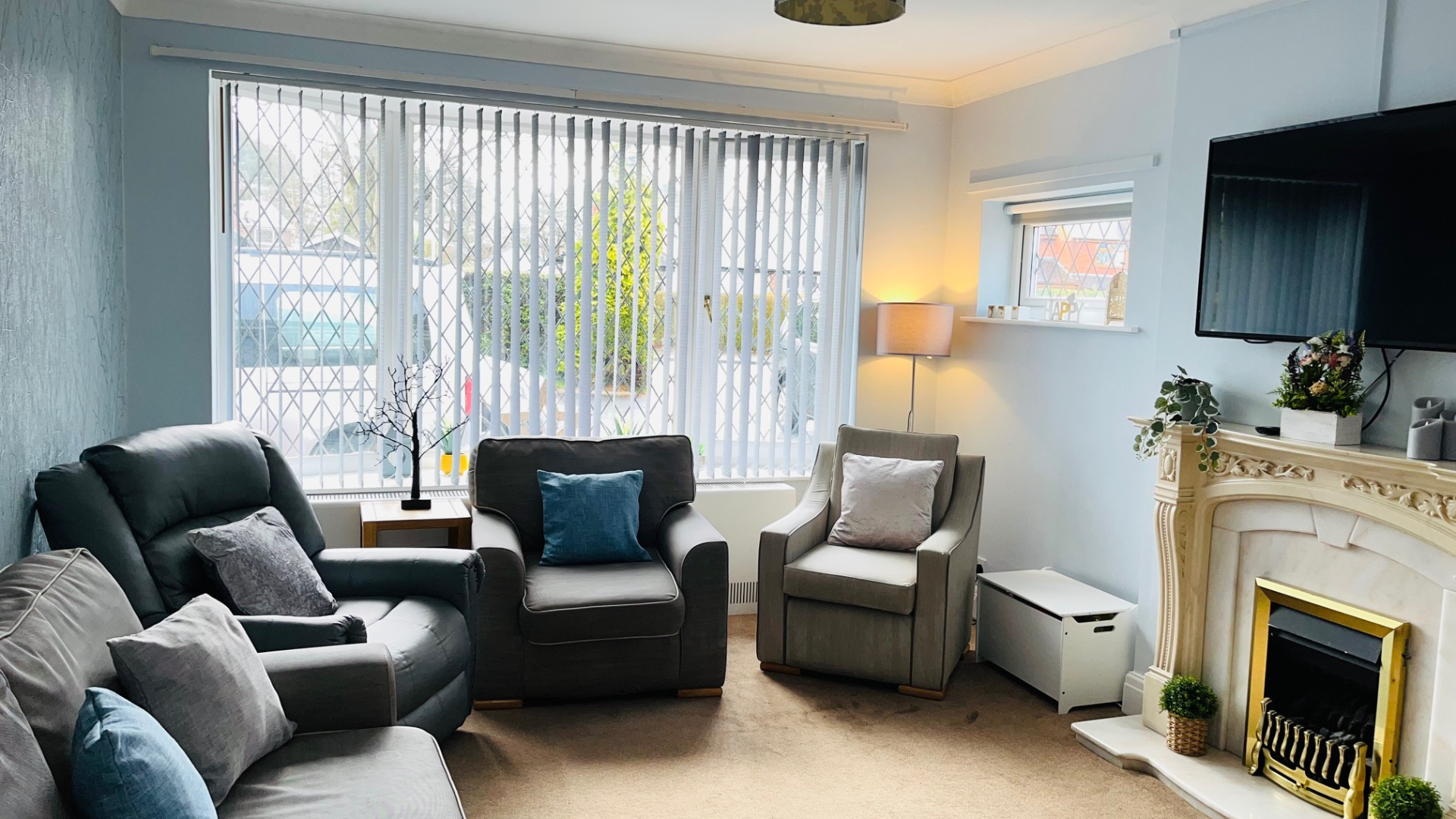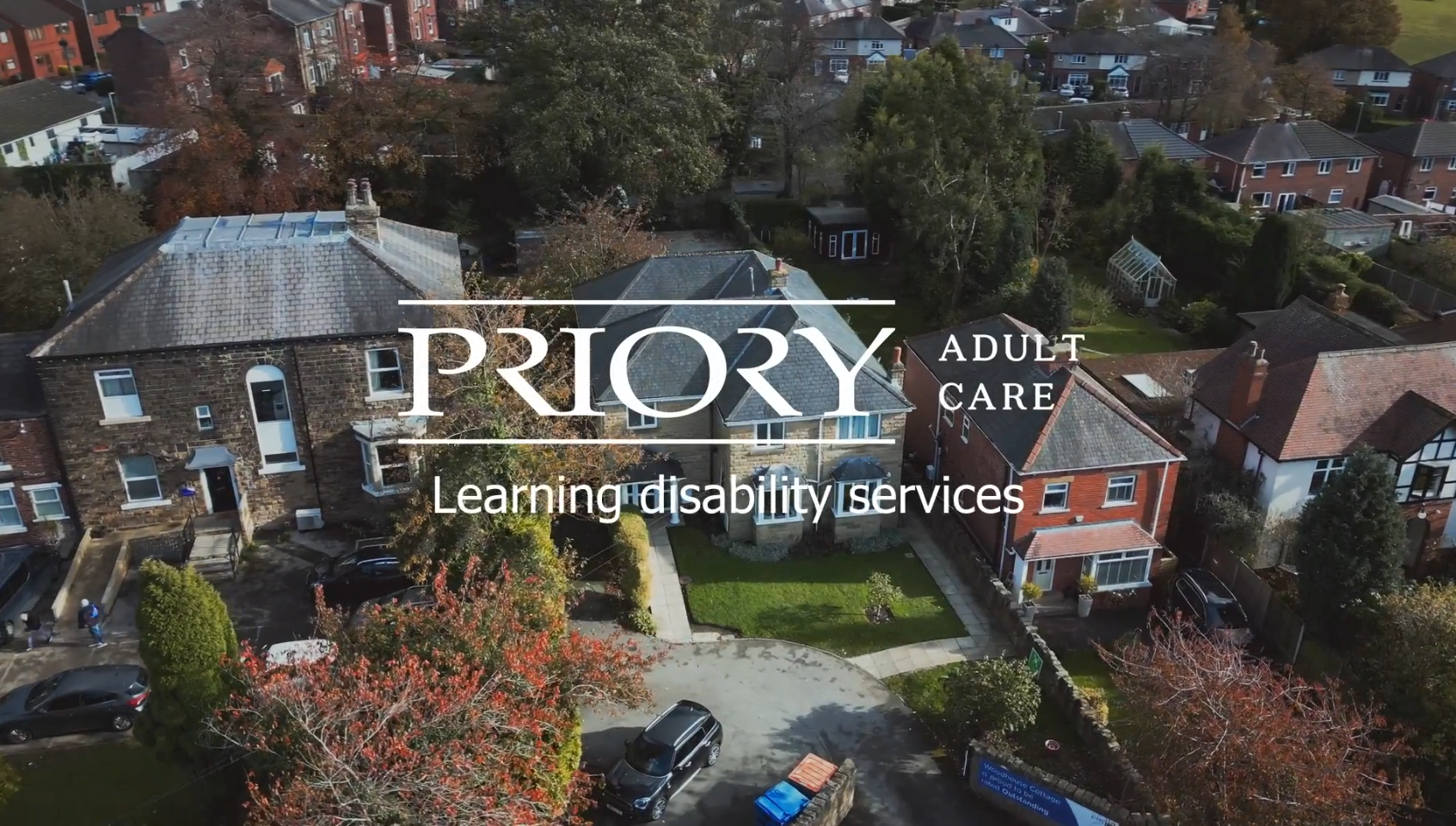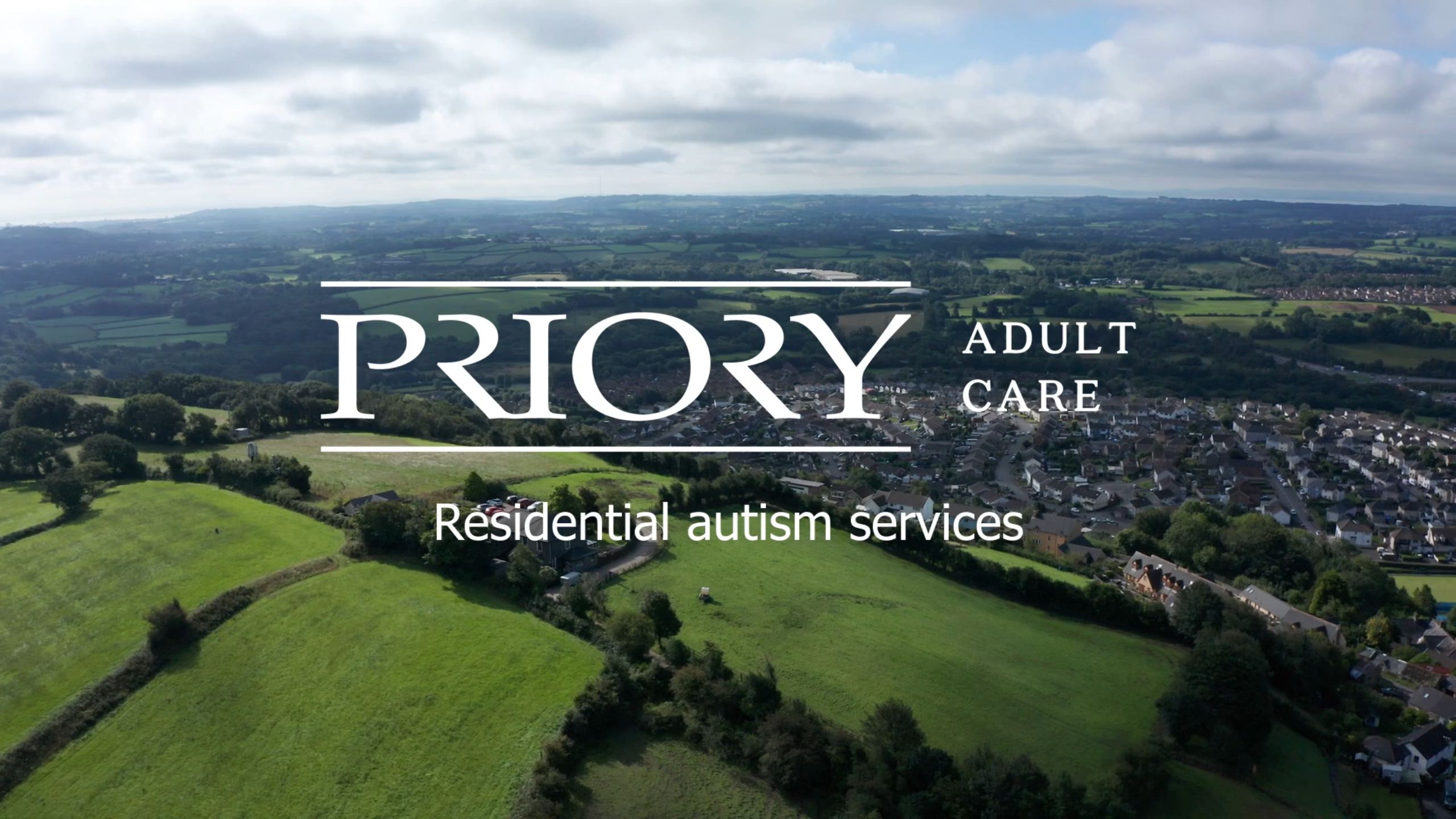About this location
The Bungalow is located in the town of Lostock Hall, a suburb of Preston, in Lancashire. The service offers residential support for three adult males and females who are autistic or have a learning disability. We are located in a pleasant neighbourhood, off a main road.
Our team are dedicated to supporting our residents to have a fulfilled and active life, to meet their dreams, goals, and aspirations. We design our support around the individual needs of each person we care for, working together to achieve the very best for everyone in a unique, homely atmosphere. We aim to provide everyday living experiences within the community for people, who may otherwise miss the opportunity to experience the wider world.
We can also support those who have:
- Physical disabilities
- Difficulties with communication
- Mild to moderate behaviour that may challenge
- Epilepsy
Services at a glance
Contact us
Click here to enable this content
About our service
Our facilities and environment
The Bungalow is set in a large, detached bungalow, which offers a relaxed, homely environment. The property only has one floor, making all of the bedrooms ground-floor. One of the bedrooms also has en-suite toilet and wash basin facilities.
In summary, we offer:
- A large lounge with plenty of seating
- Kitchen and dining room
- Utility room
- Communal bathroom
- Communal wet room
- Conservatory
We also have a very large garden, complete with:
- Secure fencing
- Lawn
- Patio
- Communal seating
- Swing
- Wheelchair access
- Vegetable patch
We also have specialised equipment within the home, such as hoists and recliner armchairs to support people with physical disability needs. In addition, we have a mobility-adapted vehicle to help us to meet the needs of the people we support.
Our bedrooms
Our approach to support
Everybody who lives at The Bungalow has their own person-centred care plan, which is co-produced with input from the individual, their family members and professionals involved in their care. We aim to help everyone in our care to make their own choices about the support they receive. This may include support in a number of areas, such as going out in the community, personal care, cooking and cleaning, and maintaining family relationships.
Our support approaches at The Bungalow include:
- Positive behaviour support (PBS)
- Occupational therapy
- Nursing
- Physiotherapy
- Speech and language therapy
- Psychology
In addition to our in-house PBS practitioner, we also have support from a local multidisciplinary team to meet the needs of our residents.
In addition, we use tools such as the Outcomes Star™, including the Spectrum Star, to support our residents to achieve their goals.
The lengths of the placements that we offer at The Bungalow can be transitional, medium or long-term residential, depending on the needs of each person.
Activities
We focus on supporting our residents to grow their independence. For some people, this may mean developing their daily living skills within the home. For others, this could be accessing work or educational opportunities in the local community.
Exclusion profile
- Those who pose a risk to others in communal living areas
Pathways
Through our network of healthcare, residential and supported living facilities, we provide unique care pathways which help the people we support to progress towards greater independence. Every individual we support is provided with a bespoke pathway plan, tailored according to their individual needs. We aim to ensure that each person is supported to live a fulfilling and active life in the community. People are supported to move into their own home in the community through our supported living services within Priory Supported Living Lancashire.
Our team
Our highly experienced, multidisciplinary team consists of:
- Service manager
- Deputy manager
- Support workers
- Senior support workers
- PBS practitioner
- Maintenance worker
Our team receive specialist staff training, designed to meet the needs of each individual we support. This includes:
- Makaton training
- Epilepsy awareness and management training
- Autism specialist training
- PROACT-SCIPr-UK® training
- People moving and handling training
Comments from our residents and their family and friends
The staff really help me to develop my daily living skills. I feel more independent now.
Family and friends FAQs
How does home leave work?
We support our residents to attend family events and visit their family homes, often for overnight stays. We will work with the resident and their relatives to ensure possible risks are managed and that everyone is supported. For those who are unable to visit their own home, we can support your loved ones with video calls.
Can friends and families visit?
Family and friends are welcome to visit. We often arrange activities and events that families are able to be involved in, as we recognise the significance of contact with family and friends, and actively encourage their involvement in our home.
Will I be involved and kept up to date with the progress of my loved one’s care and support?
Families are regularly invited to meetings at the home, where they will meet with the residents’ support team and hear about recent happenings. We can also arrange more regular catch-ups either in person or via telephone, to ensure families are kept in the loop. In addition, we also have an online journal where photos and information about activities are shared with loved ones.
Will my loved one be able to have a phone or call me?
Everyone who stays with us are supported to call their loved ones any time, via phone or video call. Family and friends are also able to call as often as they like.
What are the bedrooms like?
Bedrooms are all furnished and residents are supported to personalise them to suit their needs and wishes, such as favourite characters and also for specific needs, such as robust furniture. We strive to ensure each resident’s room makes them feel comfortable, happy, and safe.
Are external doors kept locked?
Due to the nature of our residents’ needs and safety, we have locked external doors with keypad access. However, people are able to come and go into the garden as they wish and this is secure for safety too.
What do residents eat and how do meal times work?
We provide a varied menu with individual preferences taken into account and alternatives are also provided where requested. Sometimes, this can mean that each resident has a different meal or a variation of a meal, as we always aim to ensure they have food they like, whilst also supporting a healthy diet. We also have themed mealtimes and encourage people to try different things in a more relaxed and fun way.
How does laundry work?
Residents are given help to do their own laundry, as part of promoting independence. Our staff are on hand to offer support if and when it is required. Our team will ensure that individuals always have access to clean clothes and bedding.
Who does the housekeeping and domiciliary tasks?
Staff support and encourage our residents to complete these tasks, to promote their independence. The overall housekeeping is maintained by our staff support.
Is there anything they can’t bring or have?
Generally, we have found that we don't need to restrict any particular items, but we are happy to discuss on case-by-case basis if there are any particular concerns around items.
How do activities work?
Every resident has their own activity plan. We support individuals to take part in activities at home and out in the community, as well as trying new experiences. We have our own vehicle, which means we can access activities that are further away from home or less accessible by foot and public transport. We support our residents to plan holidays and encourage them to get involved in this where they can. Our staff also support people to make choices based on what we know they like, and we involve families to ensure we understand which places they may want to visit or revisit.
How will residents be supported with their behavioural needs?
We use a PBS approach, and our team are highly attuned to the needs, triggers, and behaviours of each resident. We recognise that some individuals may have sensory needs, anxiety or require support with their emotional regulation needs, and these will be carefully considered in to their support plans. In addition, we follow the PROACT-SCIPr-UK® framework and focus on proactive support techniques, rather than physical intervention.
Do residents and families have an input into the care plans?
Yes, we work with residents and where appropriate their family and significant loved ones as well as social worker or care teams to develop and maintain person centred plans. We aim to involve people staying with us via their preferred communication methods and approaches, such as using social stories, to engage them in their support plans. Support plans are reviewed regularly to reflect any changes in needs.
What are the car parking facilities?
Our home is equipped with some off-road parking, and there is additional on-road parking.
What is the smoking policy?
We have a designated sheltered smoking area on-site, and our residents are able to buy cigarettes and vapes at the shops, if this is what they choose. We do encourage healthy lifestyles, and can support residents with smoking cessation programmes.
What are your fees and how are they funded?
Our fees can vary, and are based on an assessment of each individual's needs. Many people are eligible for financial help towards the cost of support, and this funding can be accessed by contacting your local authority. Once funding has been agreed, we will work with your local care team to put together a bespoke package of care. Please note, referrals for NHS or Local Authority funded services must come from a referring organisation.
How to make a referral
Our service provides high quality support to people with varying levels of need. Referrals can be made through the individual’s social care team or, if relevant, their local health authority. If you are a professional looking to make a referral, please call us or fill in our enquiry form.


